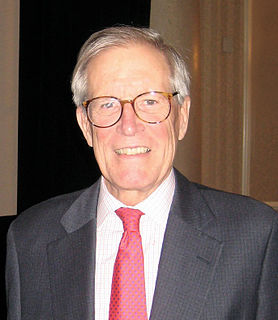A Quote by Dick Morris
Franklin Roosevelt didn't poll, because he had great political instincts. Now we have polls; we don't need instincts. But is that a change in principle? Is it a change in principle that we use a Xerox instead of carbon paper? It's of the same order of magnitude.
Related Quotes
It is clear, then, that the idea of a fixed method, or of a fixed theory of rationality, rests on too naive a view of man and his social surroundings. To those who look at the rich material provided by history, and who are not intent on impoverishing it in order to please their lower instincts, their craving for intellectual security in the form of clarity, precision, "objectivity," "truth," it will become clear that there is only one principle that can be defended under all circumstances and in all stages of human development. It is the principle: anything goes.
Looking to future generations, there is no cause to fear that the social instincts will grow weaker... the social instincts, - the prime principle of man's moral constitution - with the aid of active intellectual powers and the effects of habit, naturally lead to the golden rule, "As ye would that men should do to you; do ye to them likewise"; and this lies at the foundation of morality.
Columbia was a wonderful label for me. Wonderful. The records I made there garnered me an audience. I won a number of polls during the years that I was at Columbia. The Downbeat Jazz Poll. Leonard Feather, who was a huge critic back in the day, different polls that he had. The Playboy poll, a number of polls. So the music was great.
It is never to be expected in a revolution that every man is to change his opinion at the same moment. There never yet was any truth or any principle so irresistibly obvious that all men believed it at once. Time and reason must cooperate with each other to the final establishment of any principle; and therefore those who may happen to be first convinced have not a right to persecute others, on whom conviction operates more slowly. The moral principle of revolutions is to instruct, not to destroy.



































